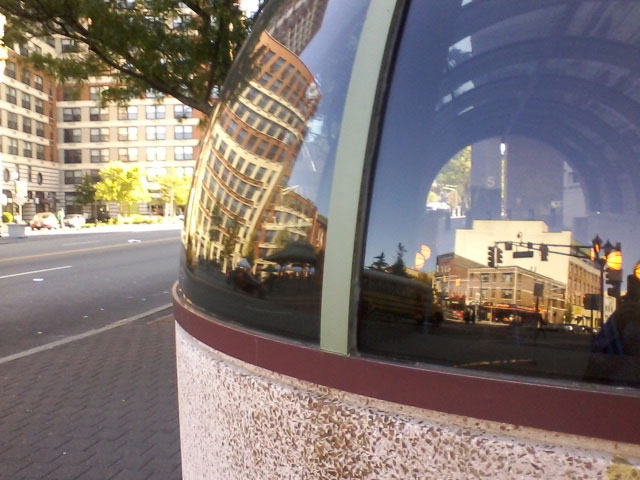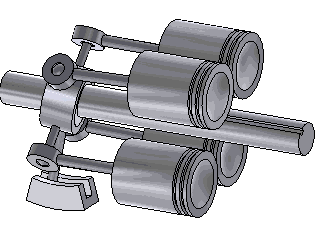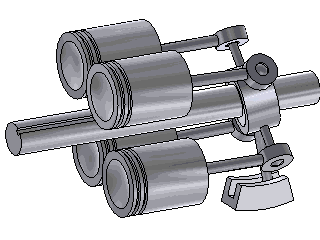"Bridge to Everywhere" [mp3 moved to Bandcamp]
The fairly credible house beat is a Steinberg preset. The drone-y middle part is four pulse-wave oscillators being slowly filter-swept by a rising sawtooth LFO (two in one channel) and falling sawtooth LFO (two in the other channel) while a simple MIDI melody is being played in the Vermona Perfourmer's duophonic mode.
At the end is what it sounds like without any guitar-rig FX processing.
"Carbon Credits" [mp3 moved to Bandcamp]
A bassline and beats were added and the tune was re-uploaded.
Update: Added about 45 seconds to "Bridge to Everywhere" -- a ridiculously lush pad comes in after the dropout and all the themes pile on for one more appearance.
Update 2: Minor tweaks to "Bridge to Everywhere." The pile-up of themes at the end isn't quite so immediate now.



